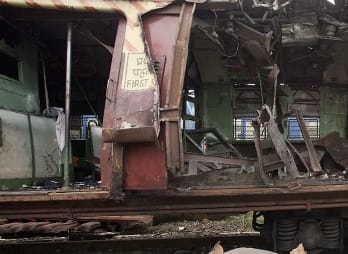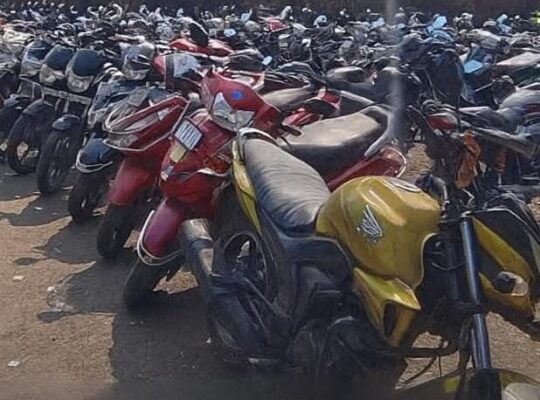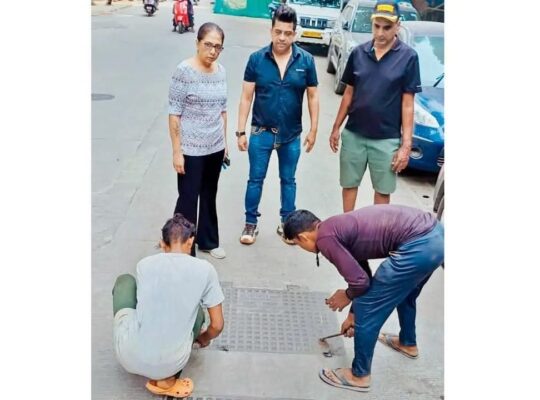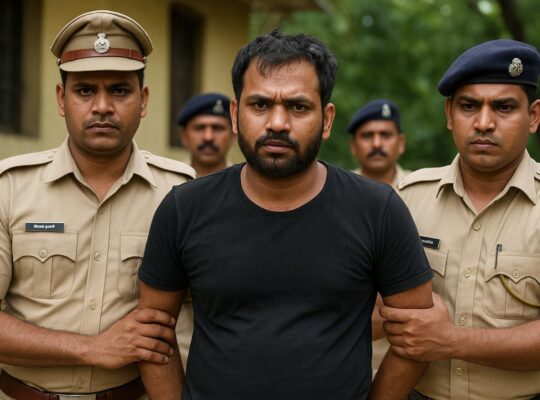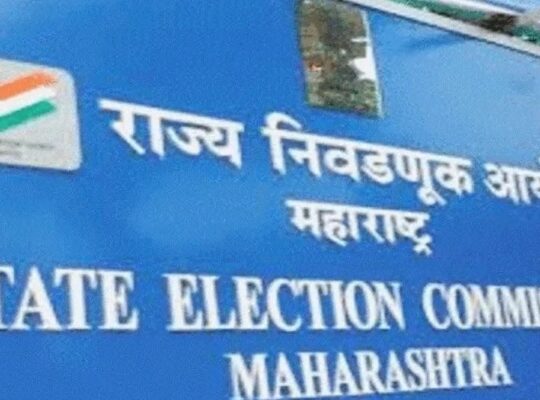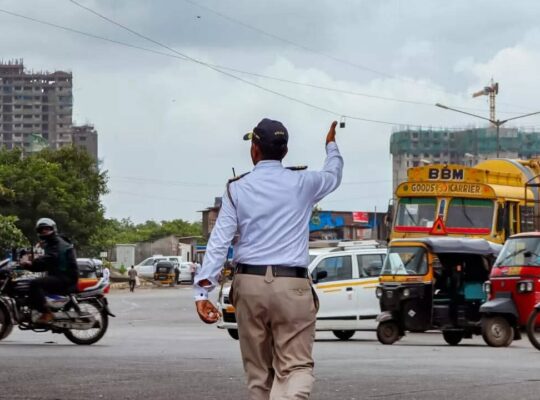Mumbai : In a landmark verdict, the Bombay High Court today acquitted all 12 individuals convicted in the 2006 Mumbai suburban train blasts case—one of the deadliest terror attacks the city has faced. The court overturned the 2015 convictions of seven life sentences and five death penalties, ruling that the prosecution had “utterly failed to prove the case beyond a reasonable doubt” .
The serial blasts, which occurred on July 11, 2006, saw seven explosive devices detonate on Western Railway trains within an 11-minute span during peak evening hours, killing 189 people and injuring over 800 .
A special bench led by Justices Anil Kilor and Shyam Chandak emphasized that key evidence was unreliable or inadequately examined:
Witness identifications were dismissed as unconvincing, based largely on memories recalled months later.
The prosecution failed to conclusively establish the type of explosives used.
Confessions obtained under MCOCA were ruled inadmissible, found to be coerced or extracted under duress.
Recoveries such as maps and alleged bomb materials bore no direct link to the accused or the crime .
By quashing the convictions, the High Court has ordered the immediate release of the 12 individuals—unless they face charges in other unrelated cases .
The case had remained stalled through several rounds of appeals until this decisive judgment, nearly 19 years after the attack and ten years after the original convictions. The ruling raises serious questions about the quality of the initial investigation, the use of MCOCA provisions, and the credibility of critical evidence against the accused.
Key Takeaway :
The Bombay High Court’s acquittal, based on the lack of conclusive evidence, reverses a decade-old verdict and spotlights broader concerns about investigation standards and legal safeguards in terrorism cases.

